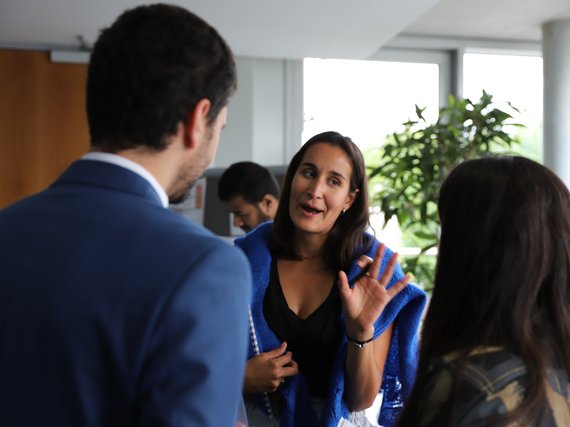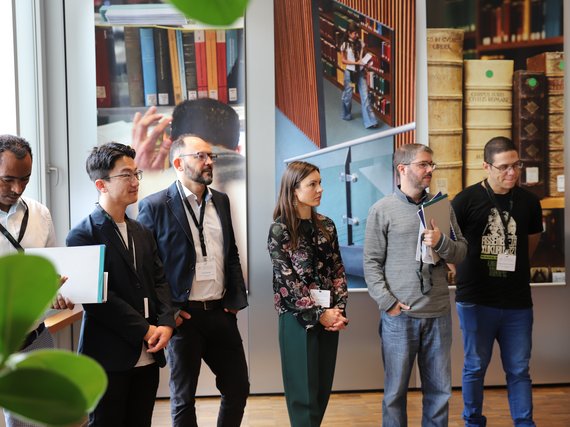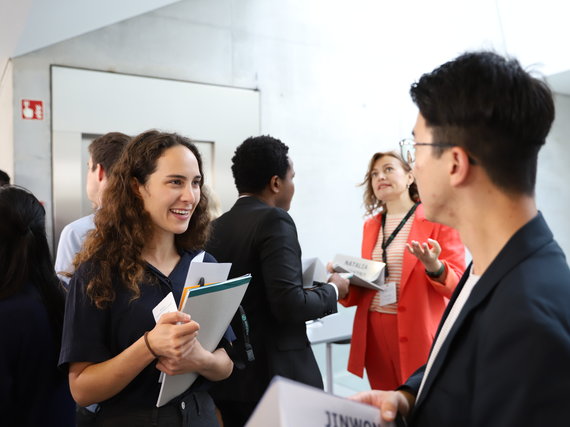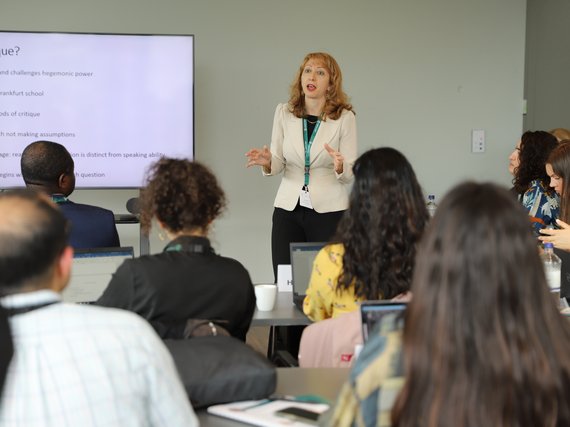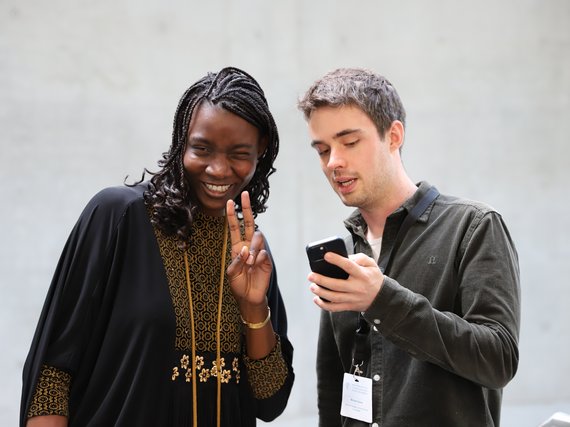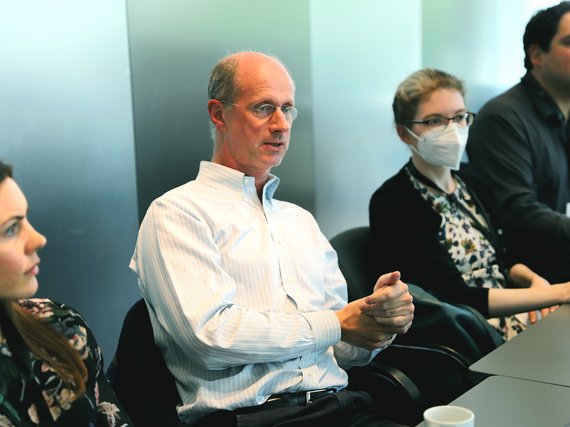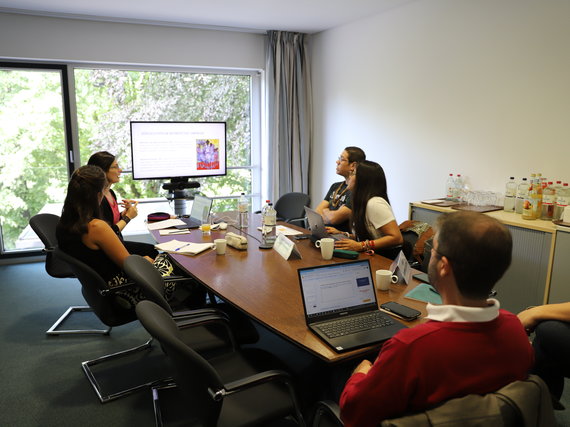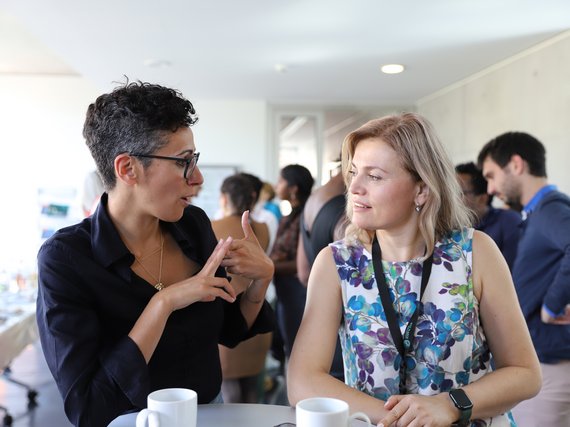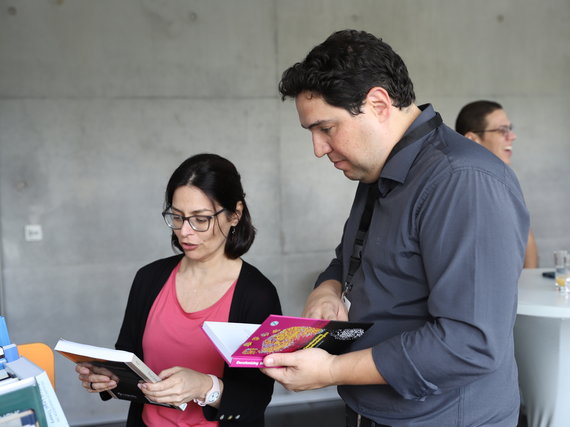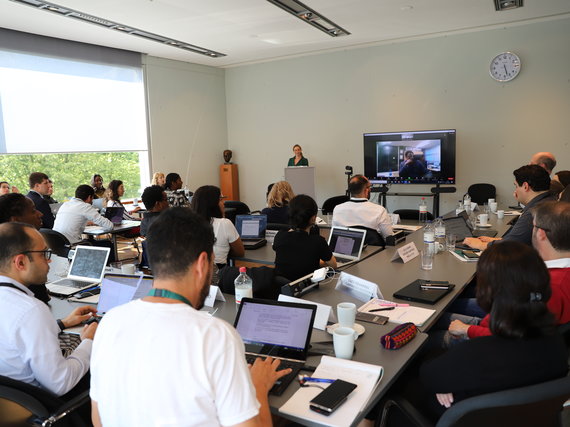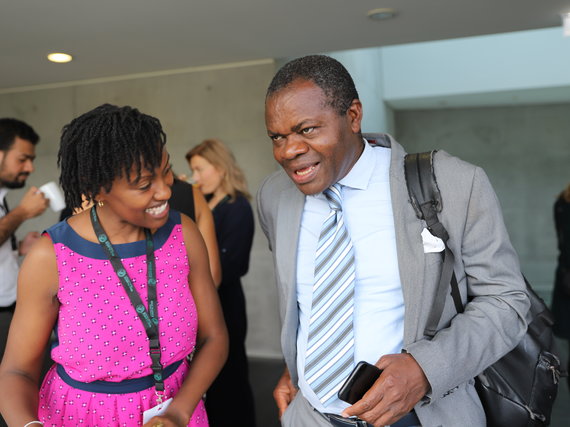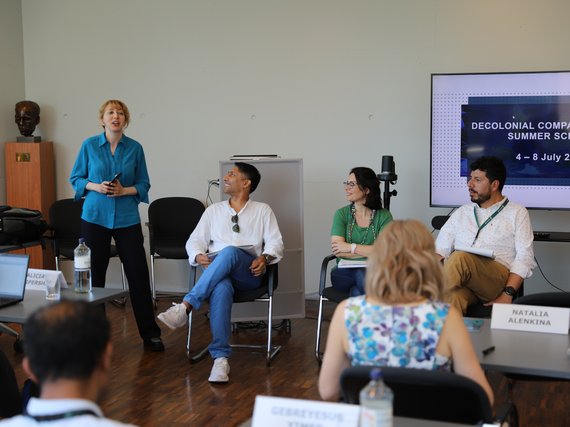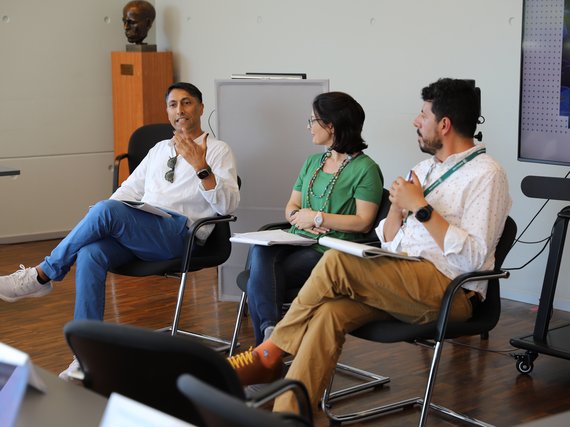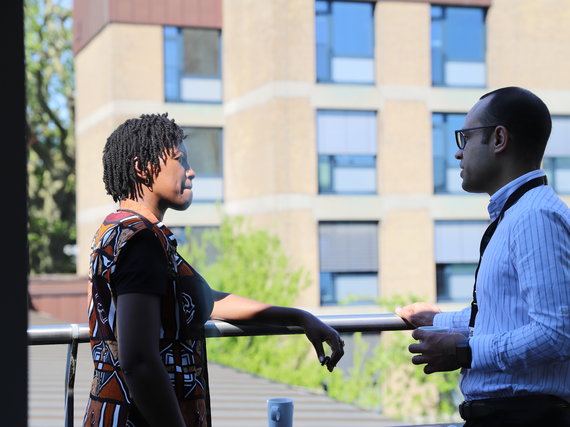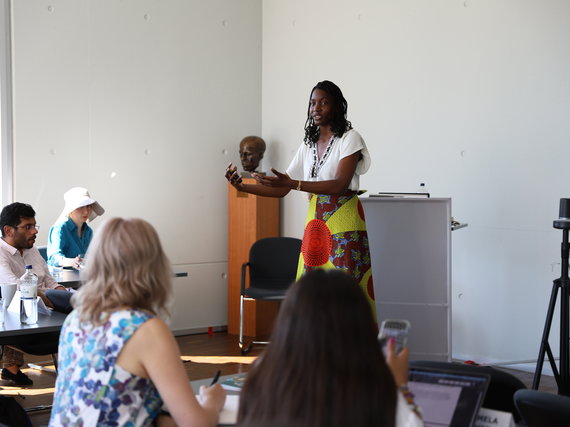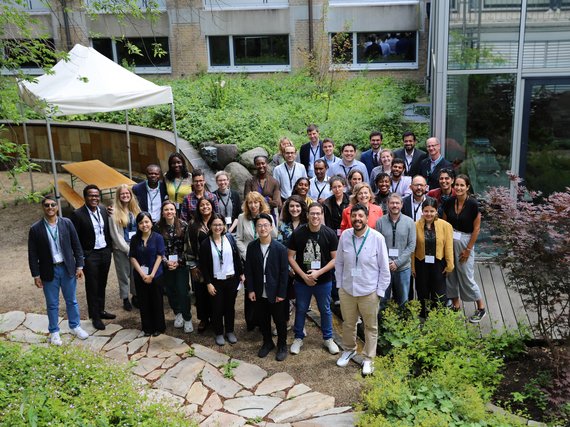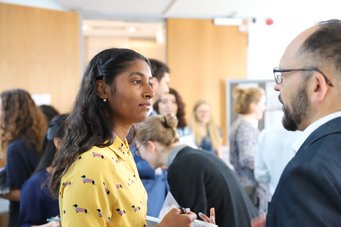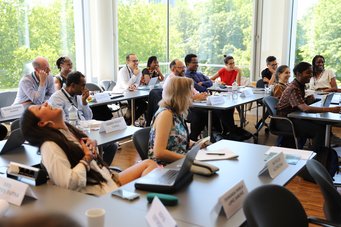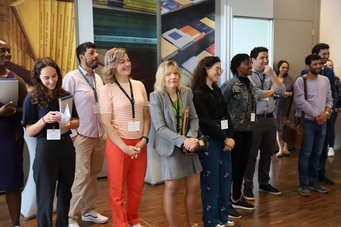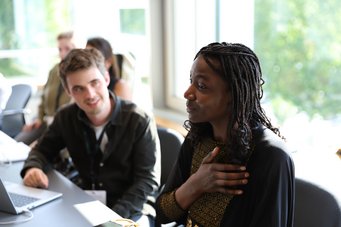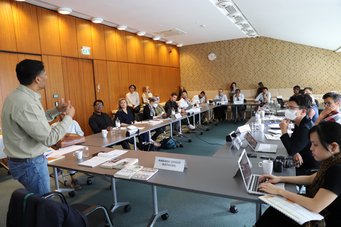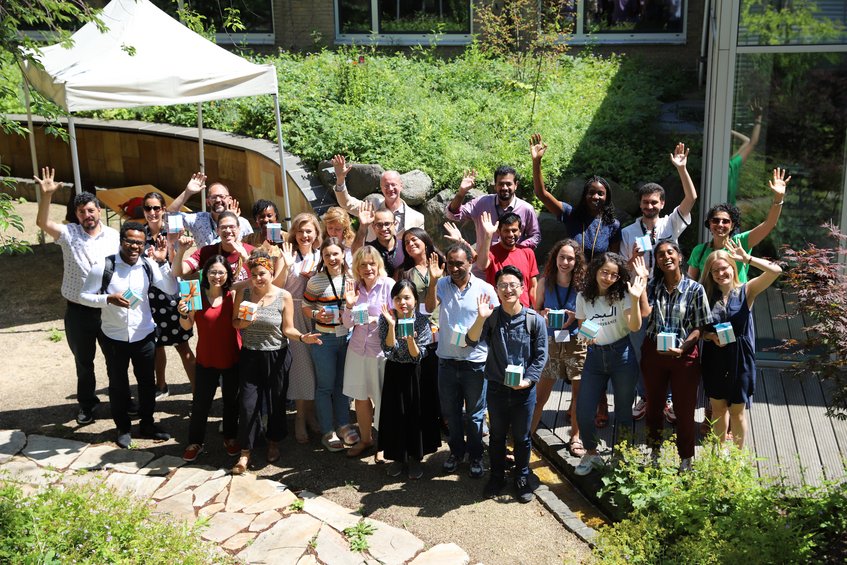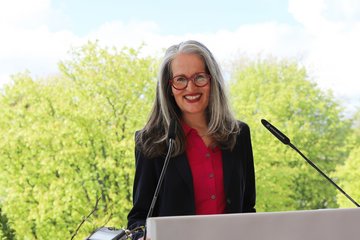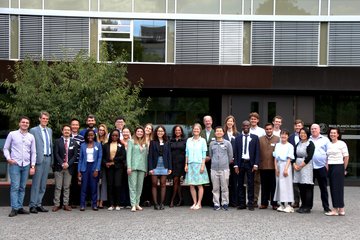
Decolonial Comparative Law Summer School 2023
- Start: Jul 4, 2023
- End: Jul 8, 2023
- Location: Max Planck Institute for Comparative and International Private Law
Featuring 31 participants and 10 instructors from all around the globe , the first Decolonial Comparative Law Summer School took place at the Max Planck Institute for Comparative and International Private Law (MPI) in Hamburg from 4 to 8 July 2023. The aim of the summer school was to teach the methodological approaches and practical applications of decolonial comparative law to legal scholars and practitioners. Participants and instructors were invited from all over the world, and the MPI welcomed scholars and practitioners from Brazil, Chile, India, Namibia, Mexico, New Zealand, South Korea, Barbados, Bangladesh, Kyrgyzstan, Iran, Norway, Kenya, Italy and France, in addition to Germany. Sessions took place in four different languages (Portuguese, Spanish, French and English), representing both a challenge and an opportunity for everyone.
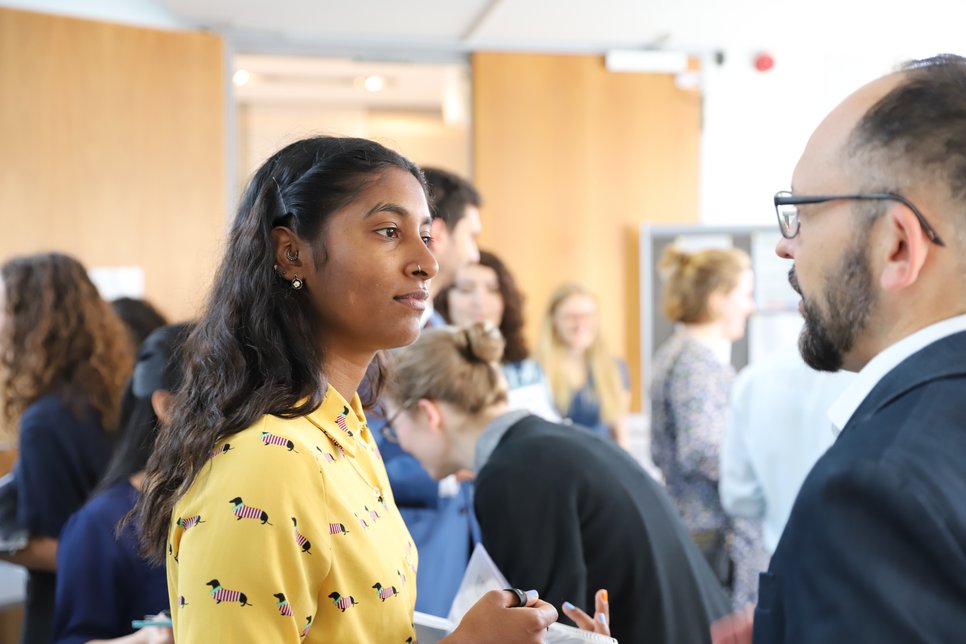
The first day started off with some communication games that allowed the participants to get to know each other. The first teambuilding activity set the tone for the overall spirit of the Summer School: feeling comfortable expressing oneself in one’s own language. The day continued with an introduction on comparative law and on decoloniality and ended with simultaneous case studies in French, Spanish and English, where the group was split. The second day offered an introductory session in English on decolonial legal studies and was followed by three simultaneous sessions in three different languages. The day continued with sessions on decolonial theory in Latin America and on decolonizing South Asian jurisprudence in historical theory and ended with an English case study on problematizing child marriage as a non-universal legal category. In the evening, the group participated in a city tour to learn about the remnants of Hamburg’s colonial history.
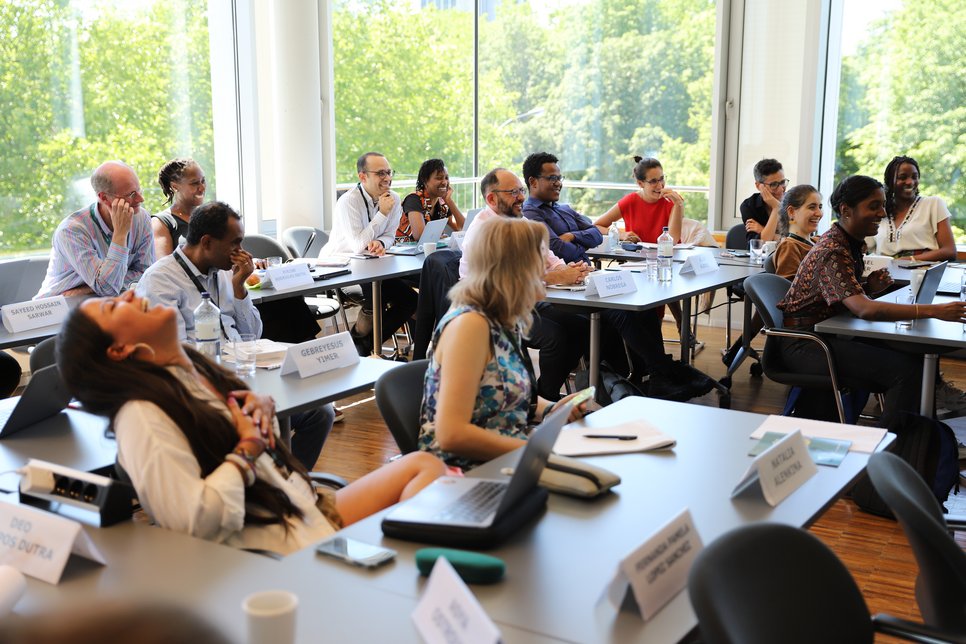
The Summer School also provided space for intensive exchange among the participants. On the third day, seven participants presented case studies on their research and discussed their work with the whole group. The participants’ research was diverse in terms of the areas of law and episteme, ranging from the adoption of a more holistic legal framework to capture inequalities in the urban organization of Nairobi, and comparative urban planning in South Korea, to a presentation on the Soviet origins of the rule of law in Vietnam, to name just three examples. The last full day of the summer school included a panel of instructors from the Global South speaking on decolonial comparative law and ended with a lesson in English on practical research methodologies. On the last day, six further participants presented case studies on their work, allowing the entire group to learn, among other things, about the connection between decolonial law and the Xukuru people from Brazil as described by a participant who himself is part of the Xukuru community.
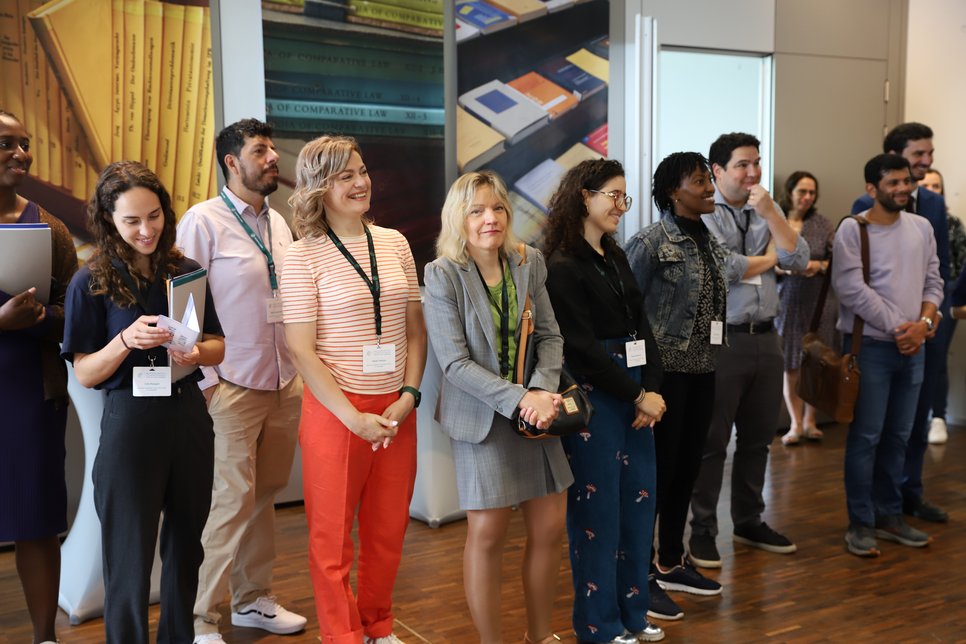
The event exposed participants to a variety of themes and tools. Rather than relying on one predefined method, the topic of decolonial comparative law proved amenable to a multitude of approaches, as each instructor offered a different perspective or approach on decolonial comparative law. Participants were encouraged to apply what they learned in their own research and seemed eager to do just that.
Session topics included:
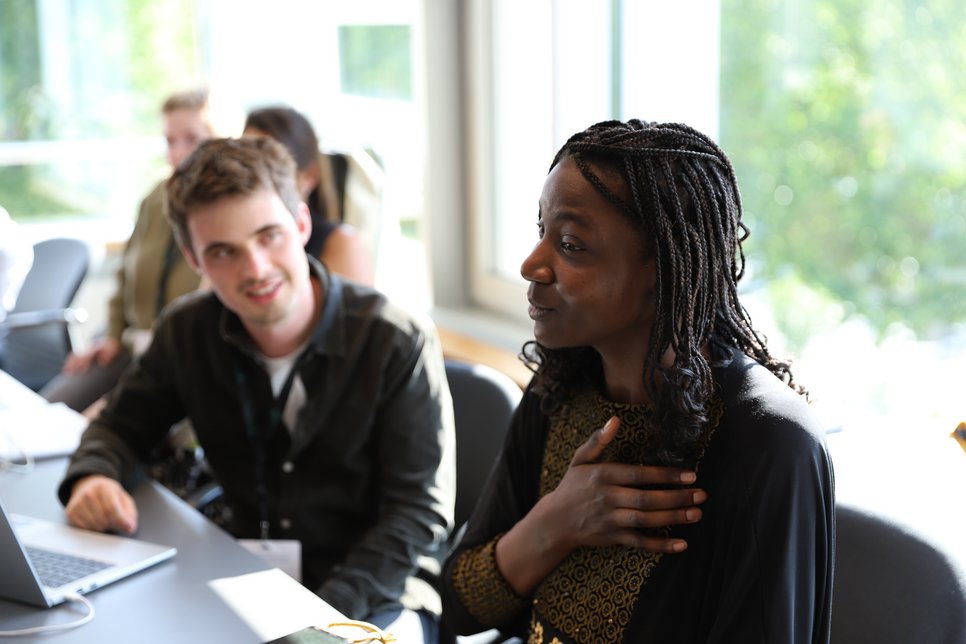
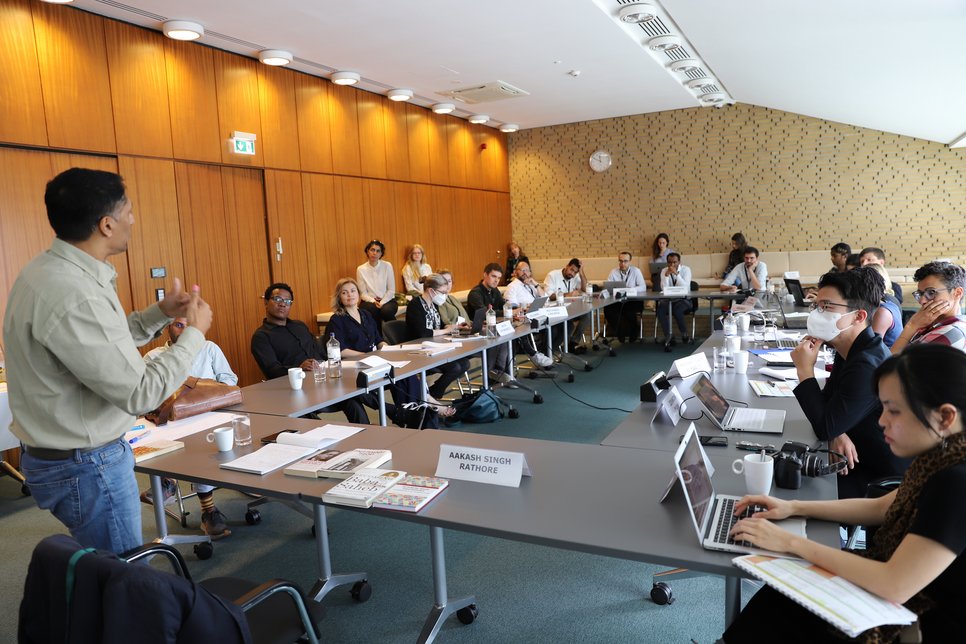
- Comparative discussion on self-determination and plurinationality in Mexico and Chile (Prof. Orlando Aragon Andrade)
- Informal law and legal methods (Prof. Alfred Ngando)
- Decolonial legal studies (Prof. Lena Salaymeh)
- Legal transplants in decolonial comparative law (Prof. Ralf Michaels)
- Legal practices and decolonial epistemologies: A case study on Advocacia Popular (People´s Lawyering) in Brazil (Dr. Flavia Carlet)
- Internalized coloniality (practice of the Brahminical patriarchy in India and constitutional development) (Prof. Aakash Singh Rathore)
- Case study: Indigenous conceptions of state and property rights in Rapa Nui (Benjamin Ilabaca de la Puente Esq.)
- Case study on German-Namibian reparations: The doctrine of intertemporal law in question (Karina Theurer Esq. and Patrick Kauta Esq.)
- Decolonial practical research: The role of listening in participatory action research methodologies (Kwamou Eva Feukeu)
Our warmest thanks go to all participants and instructors!
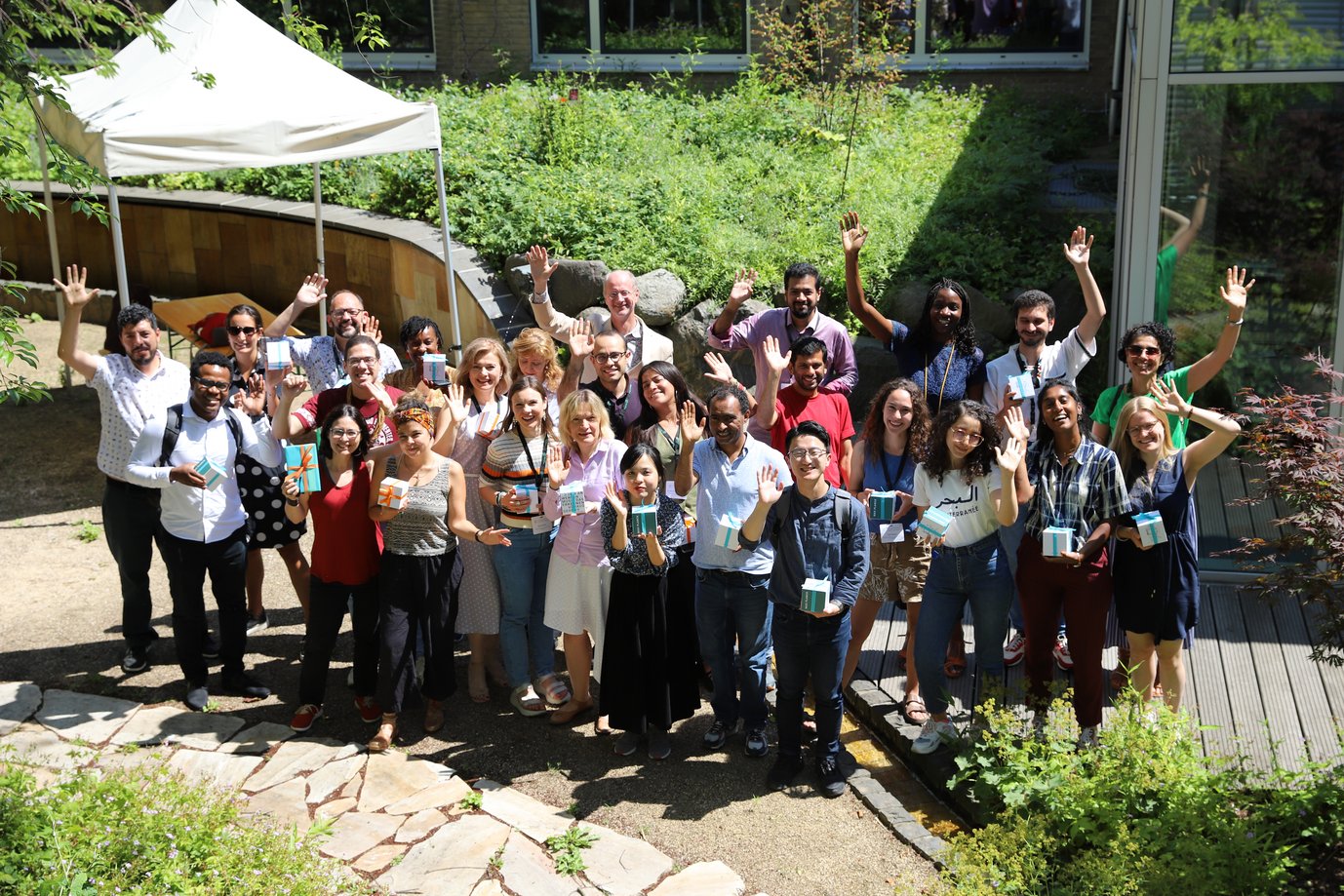
Further information about the research project:
Header image: © Shutterstock, VanHart
Photographs: © Max Planck Institute for Comparative and International Private Law
